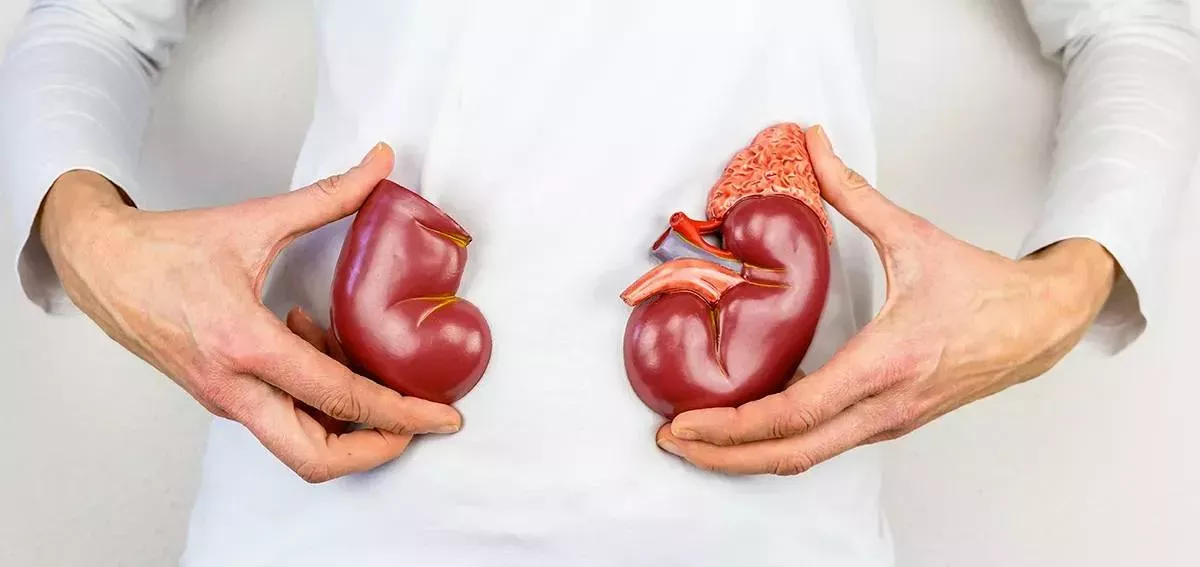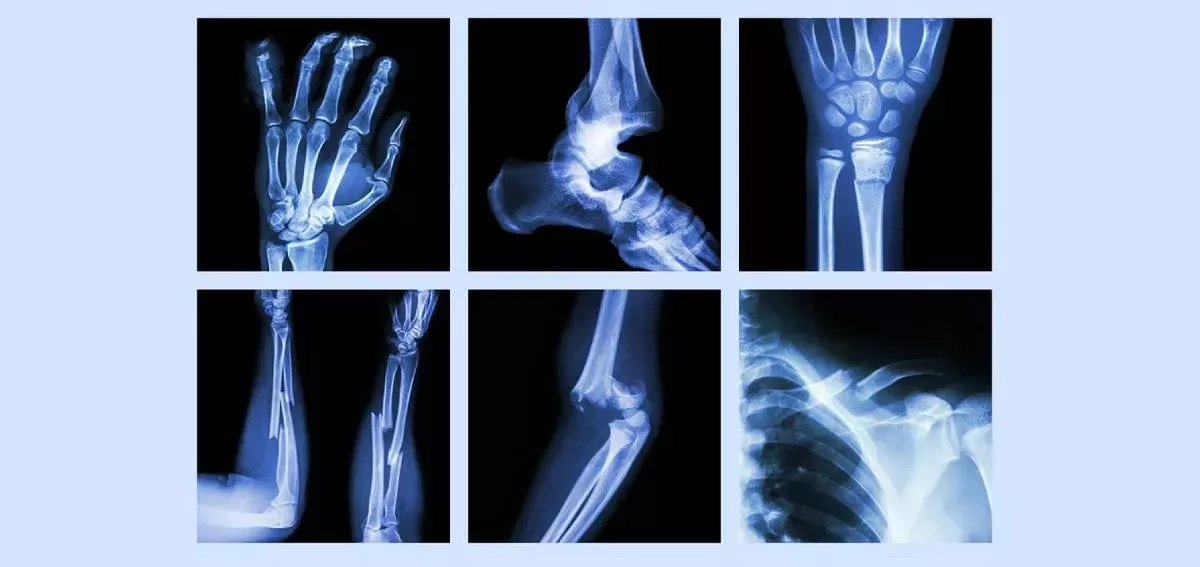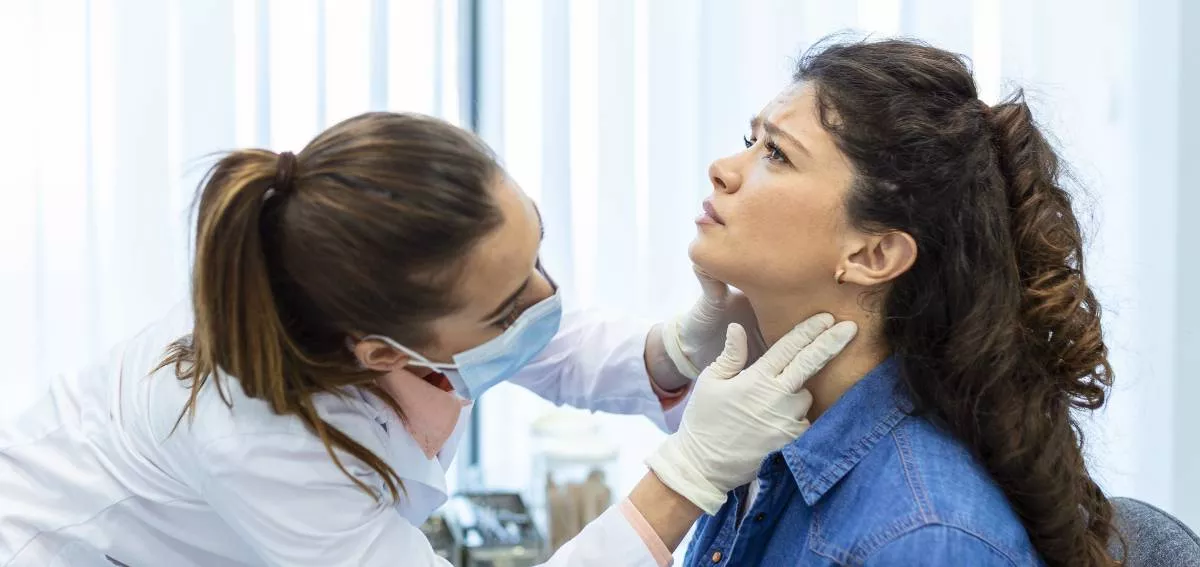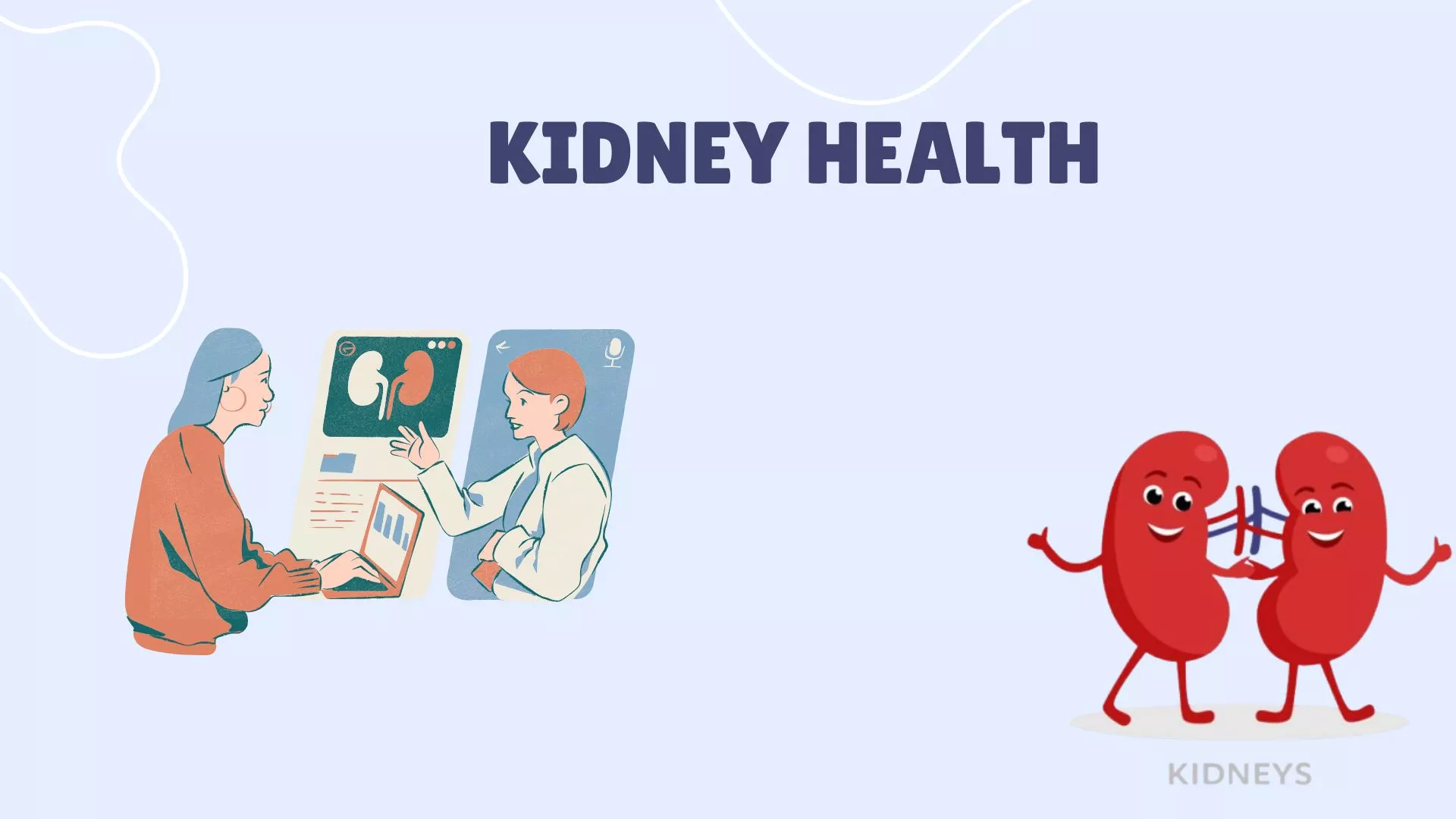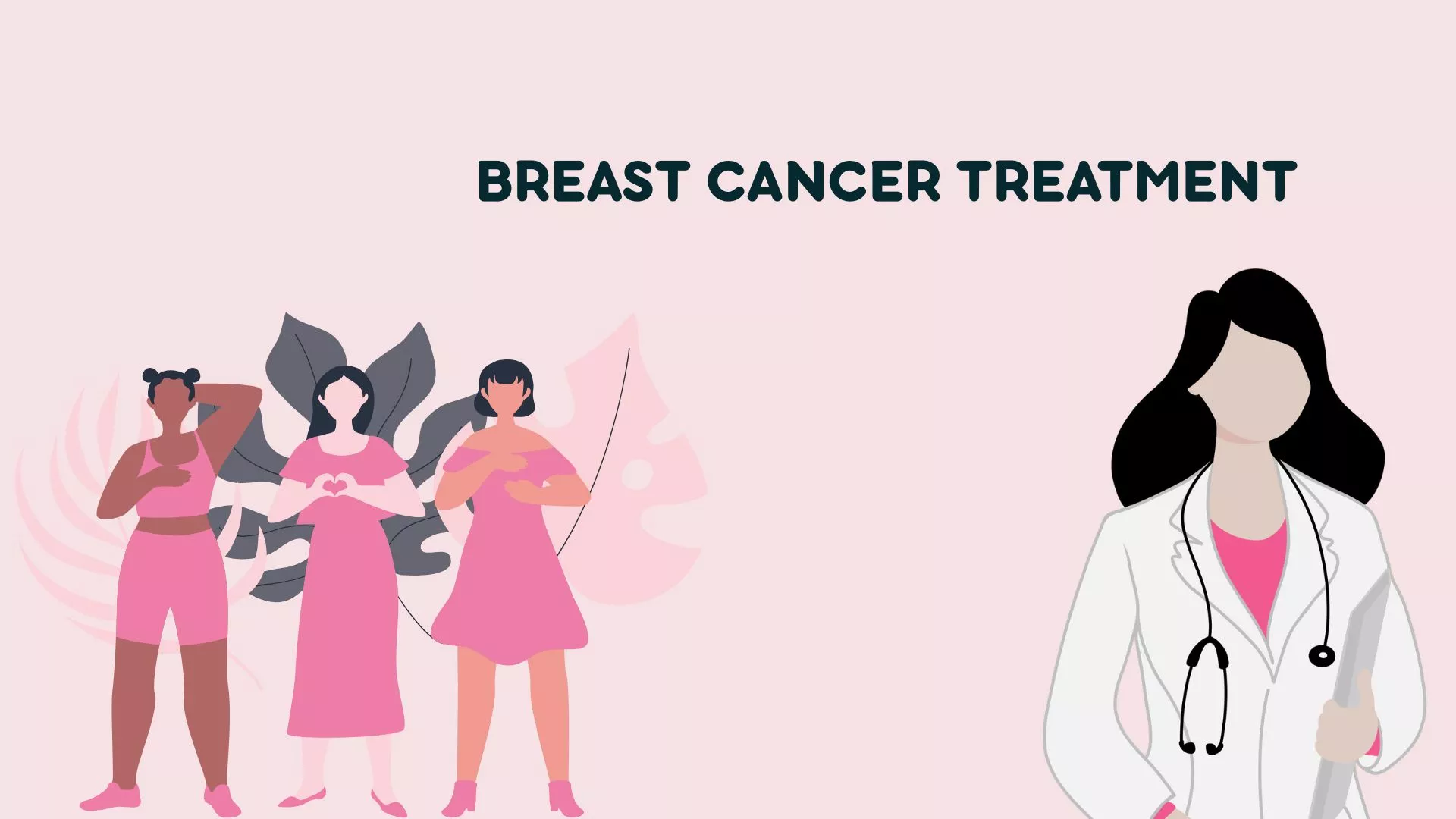Liver Cancer: An Overview
Liver cancer can be bifurcated into primary liver cancer and secondary liver cancer. The primary liver is one that starts in the tissue and the most common type of this liver is known as hepatocellular carcinoma. Over the years the number of cases of the primary liver has been increasing.
Whereas, the second liver cancer births in some other place in the body and makes its way to the liver. This type is known as metastatic liver cancer.
Liver cancer symptoms and causes
When liver cancer is in its early stages you may face no symptoms at all. But if your liver is swollen, you might notice the following symptoms:
- Bloating
- Fatigue
- Dark-coloured urine
- Lump right below the rib cage or pain near the right side of the abdomen
- Jaundice
- Unexplained loss of appetite, weight loss, or nausea
If you come across liver cancer symptoms, it is advisable to contact the best oncologist in Kochi and get yourself checked.
Causes
It is possible to get liver cancer from liver diseases such as hepatitis. Furthermore, if you have cirrhosis then it increases the risk. But at the same time, people who get liver cancer don’t have any other liver diseases. In several cases, the actual cause is still not known.
What are a few risk factors that come with liver cancer?
A lot of people when they think about risk factors they think that you might develop a disease, that is not the case. However, it might increase your chances of getting one. When talking about liver cancer, some of the risk factors are:
- Obesity
- If you are a man then you are more likely to get liver cancer than women.
- Diabetes
- If you have other liver diseases such as hepatitis B or C or cirrhosis. Furthermore, if you have a family history of liver diseases then it can lead to you getting cirrhosis (this liver disease run in families) and is also a risk factor.
- Drinking alcohol excessively over a long period.
- If you are exposed to a kind of poison made by mouldy crops.
What are the different stages of liver cancer?
To guide people throughout their treatment and define the process of liver cancer, medical professionals have divided its progression into four stages:
Stage 1: This is the stage where the tumour remains in the liver and it has not spread to any other organ or location.
Stage 2: In this stage, either there are small tumours that remain in the liver or just one big tumour that has reached the blood vessel.
Stage 3: In this stage, there are several large tumours or one tumour that has reached a large blood vessel.
Stage 4: In this stage, cancer has metastasized which means that it has spread to other parts of the body.
Once the doctors at the best oncology hospital in Kochi have diagnosed and identified the stage of cancer, the patient will start to receive the treatment.
Treatment of liver cancer depends on:
- Location, size and number of tumours
- The condition of the liver and the extent of cirrhosis
- Whether cancer has spread anywhere else or remains within the liver
- The overall health of the patient and other risk factors
In case the cancer has not spread and rest of the liver is in a healthy condition, treatment options will look like this:
- Radiofrequency ablation (this is when a thin probe is inserted through the skin and into the tumour to heat and further destroy the cancer cells).
- Transplant (replacing the liver)
- Partial hepatectomy or segmentectomy (this is the kind of surgery that helps remove a part of the liver or completely remove a tumour from the liver).
There are chances when cancer may be contained within the liver but is not responsive to the above treatments. In that situation, other treatments include:
- Chemoembolization, radioembolization, or bland embolization of the blood vessels near the tumour (this is a procedure that helps block the blood supply to the tumour, with or without using the anti-cancer medications).
- Radiation therapy (this is high-energy x-rays) helps destroy cancer cells.
In case cancer has spread outside the liver or if it still lives inside the liver but is not responsive to any of the above treatments, then doctors may recommend the following treatments, which are:
- Oral (taken via mouth) anti-cancer medications
- Immunotherapy (this is a type of treatment that helps the immune system to fight cancer)
- Clinical trials ( this is still under study and not yet available to the public)
Final Note
You can opt for a liver transplant which is also known as surgical resection. This can cure liver cancer. However, it is an option for only a small percentage of patients. This procedure is successful in only 1 out of 3 cases. But, scientists are experimenting with different medicines, promising new treatments that can help prolong the lives of patients who have liver cancer.
Furthermore, there are ways you can lower your chances of getting liver cancer:
- Go and get the hepatitis B vaccine.
- Maintain a healthy weight throughout your life.
- Try to limit the amount of alcohol when you are drinking
- If you want to get a tattoo or a piercing, then get it only at safe and clean shops.



